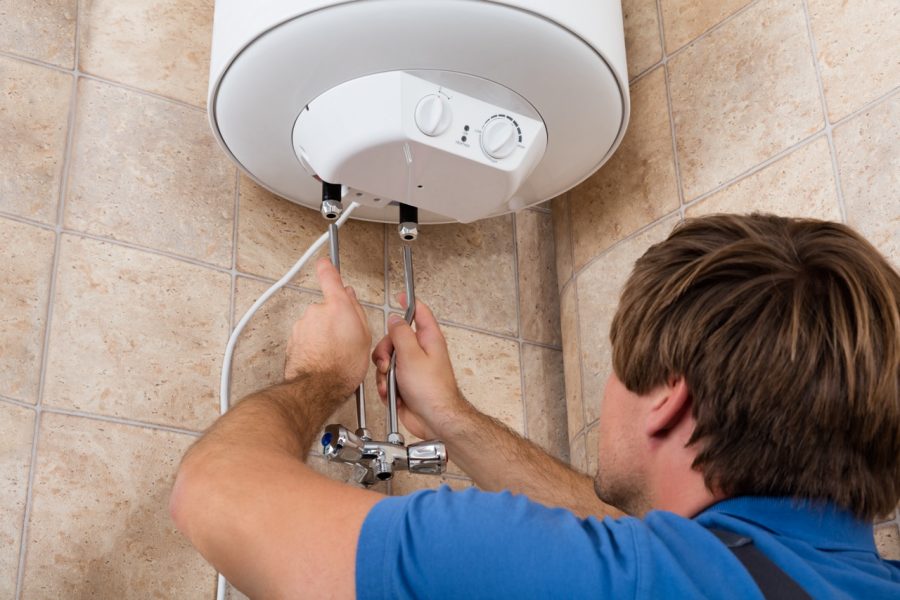
Choosing the right water heater is an important decision that affects your home’s comfort, energy efficiency, and utility bills. With various types of water heaters available, each offering different benefits, it’s essential to understand which option best suits your needs.
Types of Water Heaters
Tankless Water Heaters: These heaters provide hot water on demand without the need for a storage tank. They are highly energy-efficient because they only heat water when needed. This option is ideal for homes looking to save space and reduce energy costs. However, they can be more expensive to install and might not be suitable for large households with high hot water demand.
Conventional Storage Tank Water Heaters: These are the most common type of water heaters, storing a set amount of hot water in a tank. They are generally less expensive to install than tankless models but can consume more energy due to heat loss from the stored water. These heaters are available in various sizes, making them adaptable to different household needs.
Heat Pump Water Heaters: Also known as hybrid water heaters, these systems use electricity to move heat from the air or ground to heat water. They are incredibly energy-efficient and can save homeowners significant amounts on their energy bills. However, they require more space and a mild climate to operate efficiently.
Solar Water Heaters: Using solar panels to capture and transfer heat to the water tank, these heaters are the most energy-efficient and environmentally friendly option. However, they have high upfront costs and depend on the availability of sunlight, making them less suitable for some climates.
Factors to Consider When Choosing a Water Heater
- Energy Efficiency: Look for water heaters with high energy efficiency ratings to reduce your utility bills. Tankless and heat pump water heaters are generally more efficient than conventional storage tanks.
- Capacity: Consider your household’s hot water needs. A larger family will require a water heater with a bigger tank or a tankless system with a higher flow rate.
- Cost: Take into account both the upfront cost and the long-term savings on energy bills. While tankless and solar heaters can be more expensive initially, they often provide savings over time.
- Space Availability: Tankless water heaters save space and can be mounted on walls, whereas storage tank heaters require more room.
- Environmental Impact: If reducing your carbon footprint is a priority, consider eco-friendly options like heat pump or solar water heaters.
By evaluating these factors, you can select a water heater that meets your home’s needs, budget, and environmental considerations, ensuring comfort and efficiency year-round.
